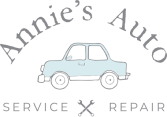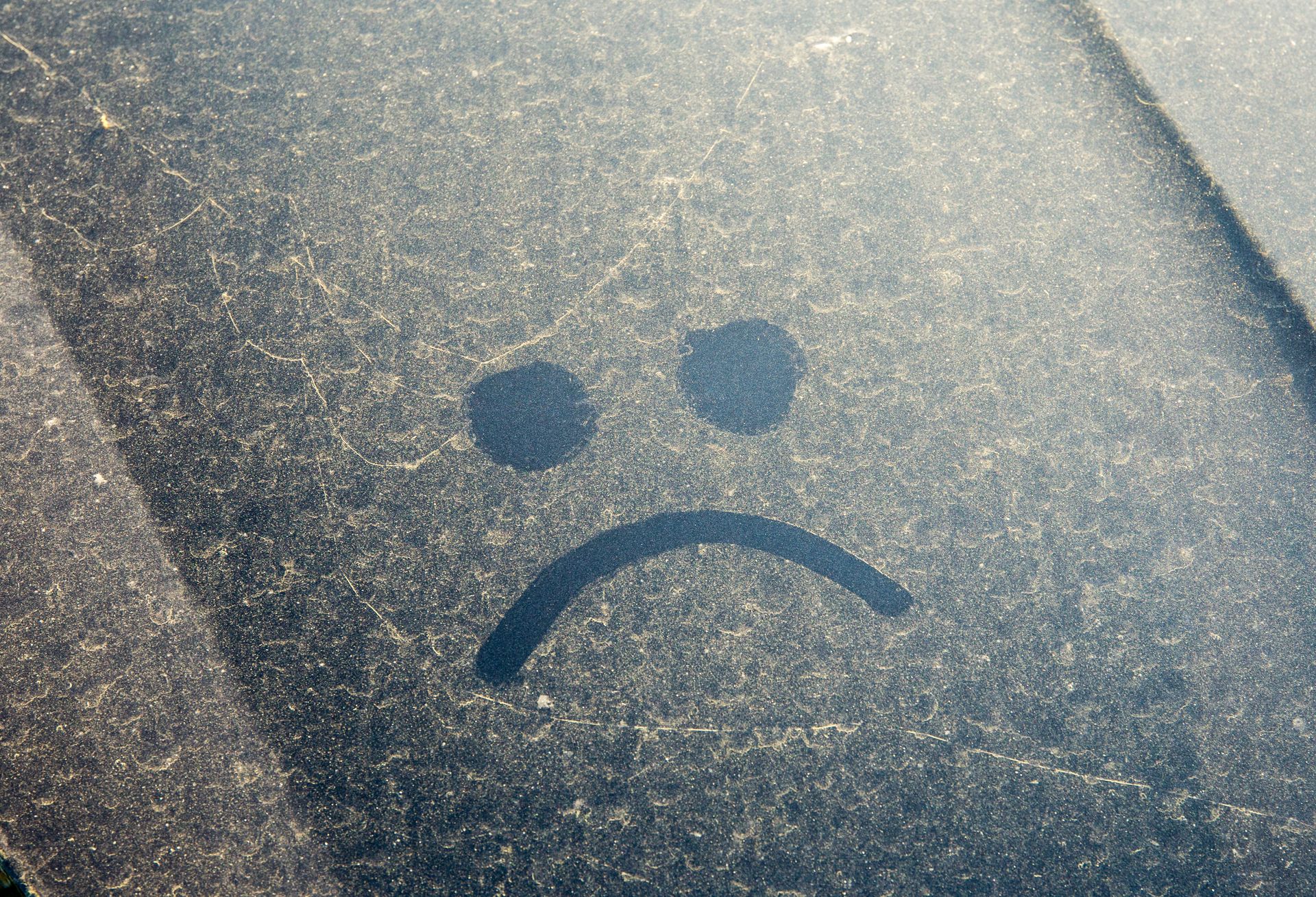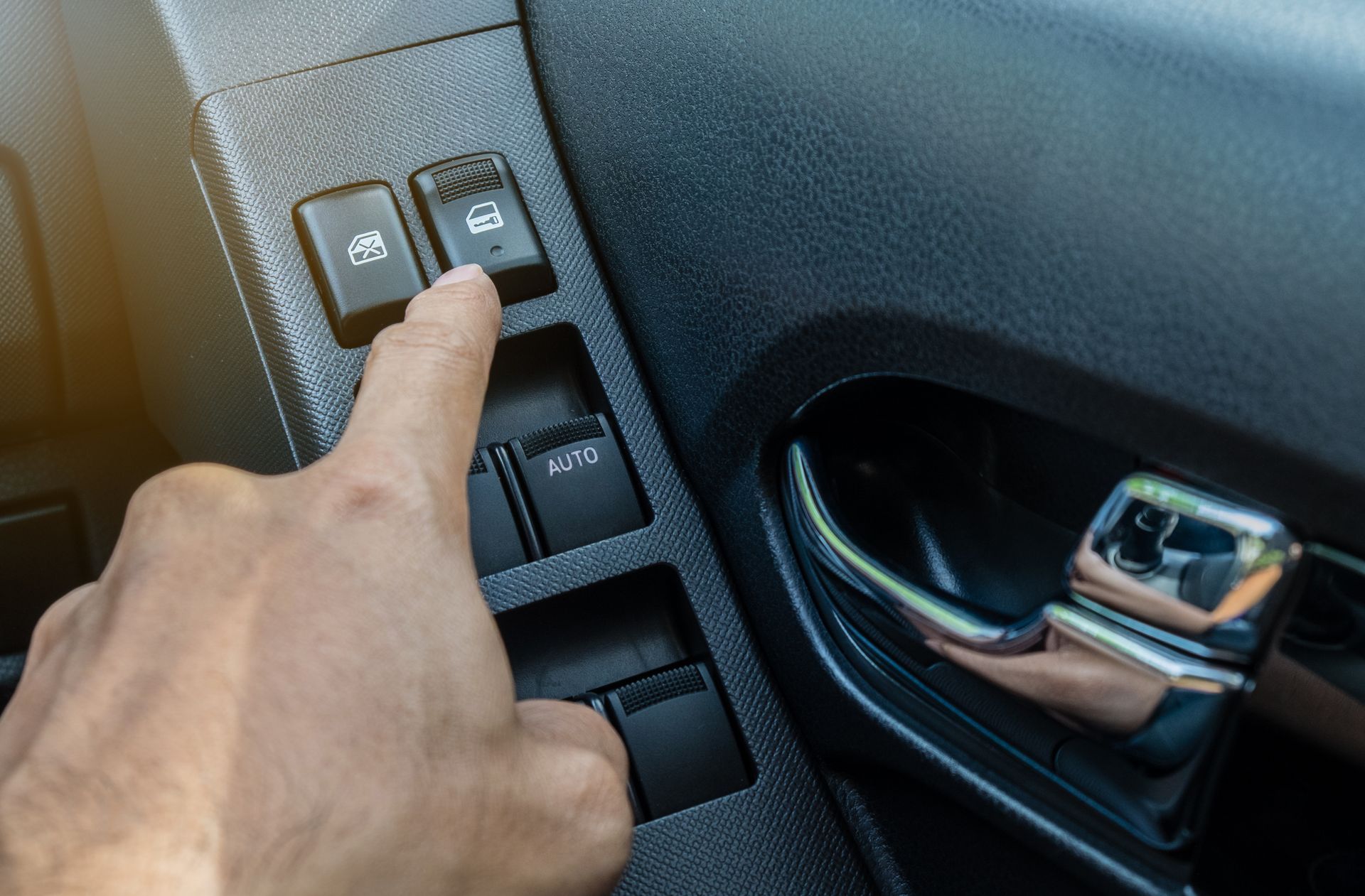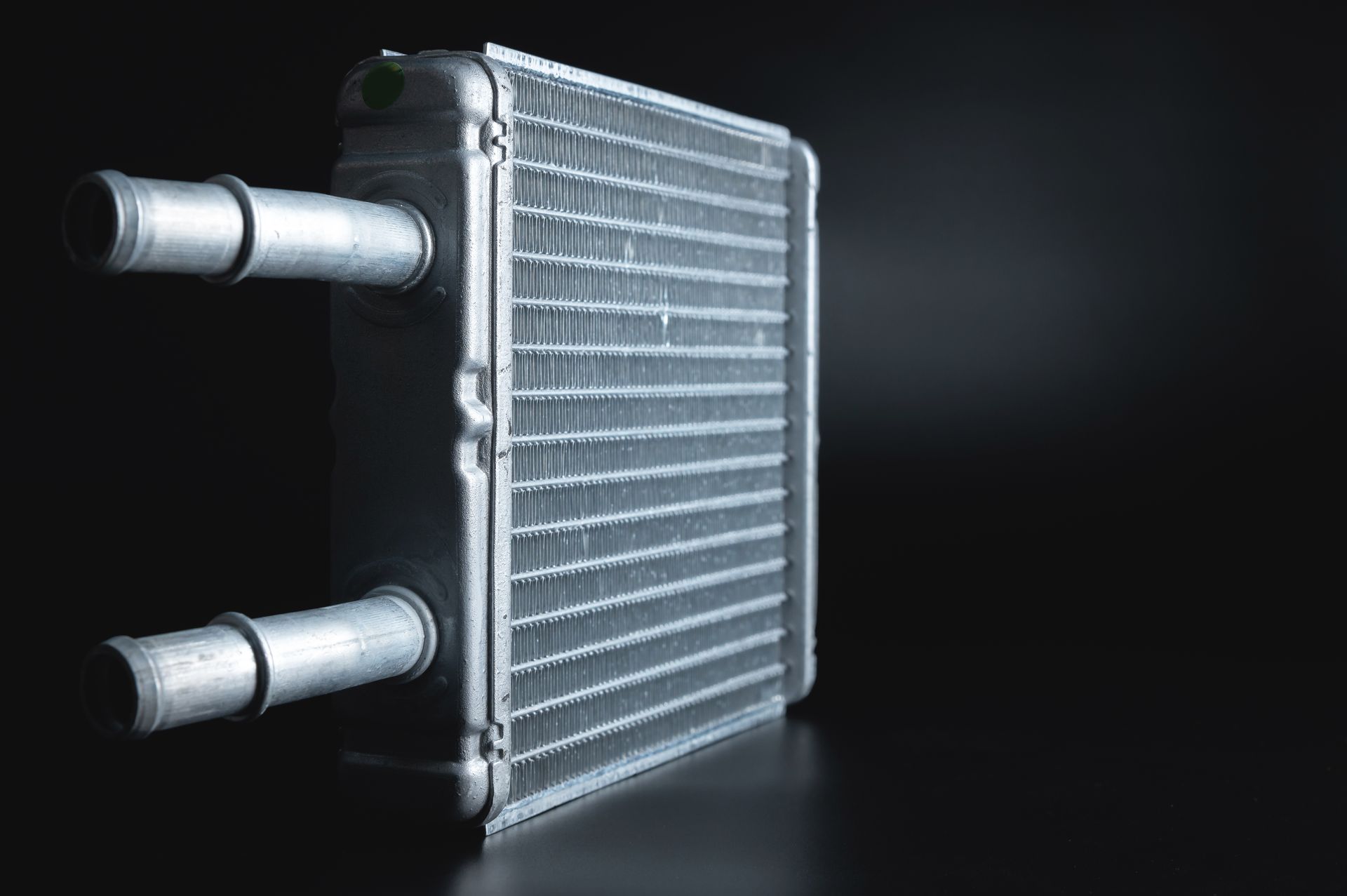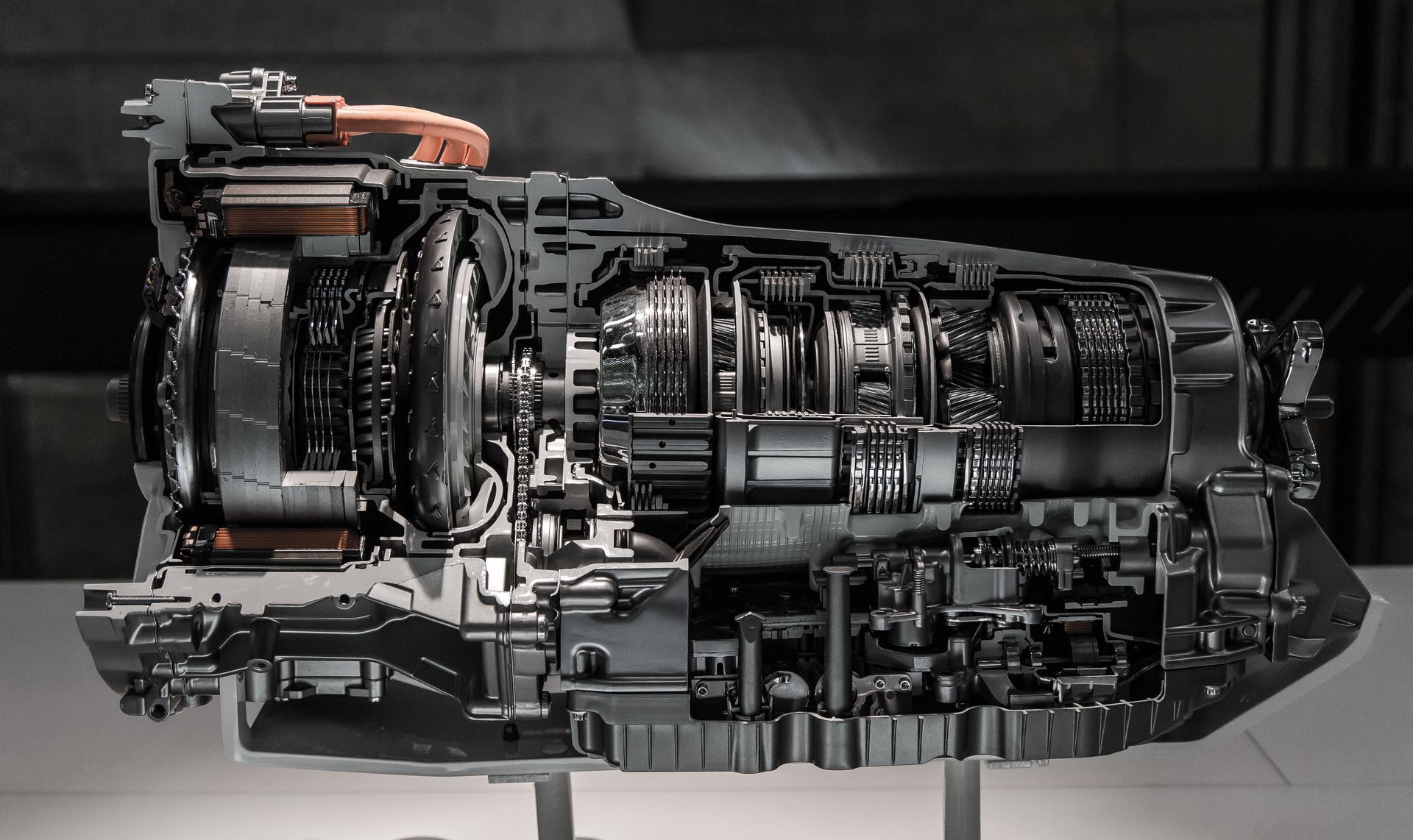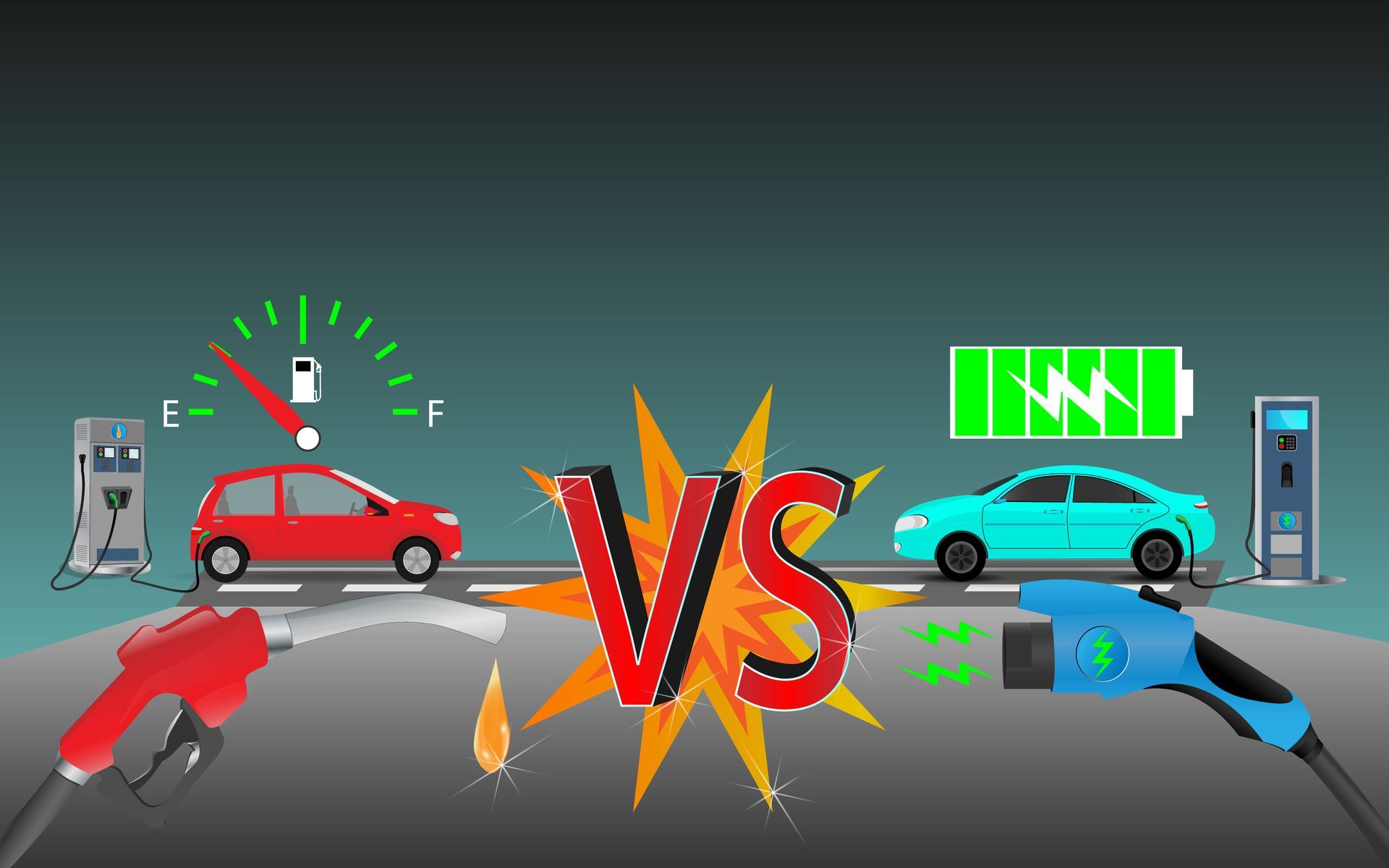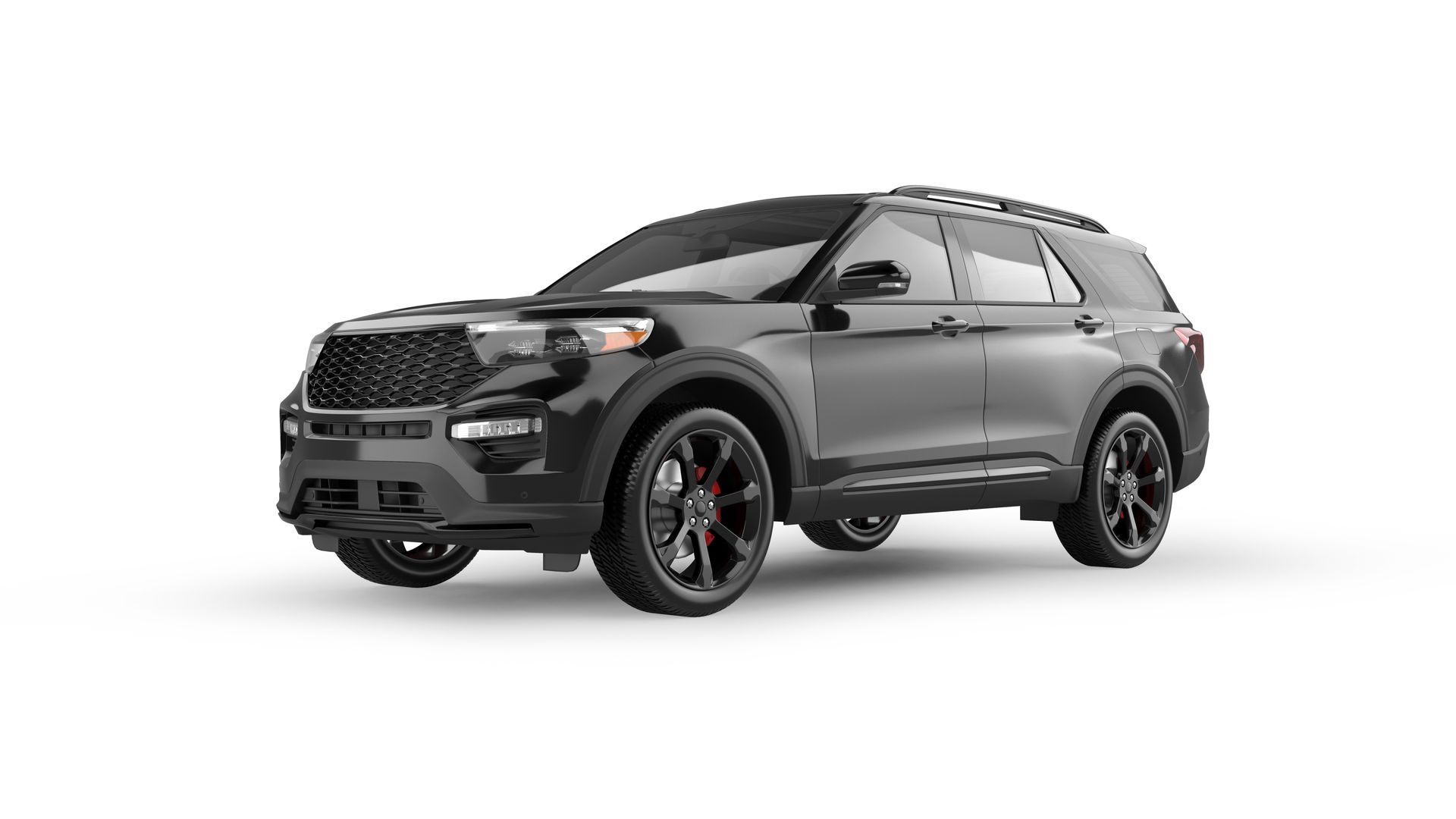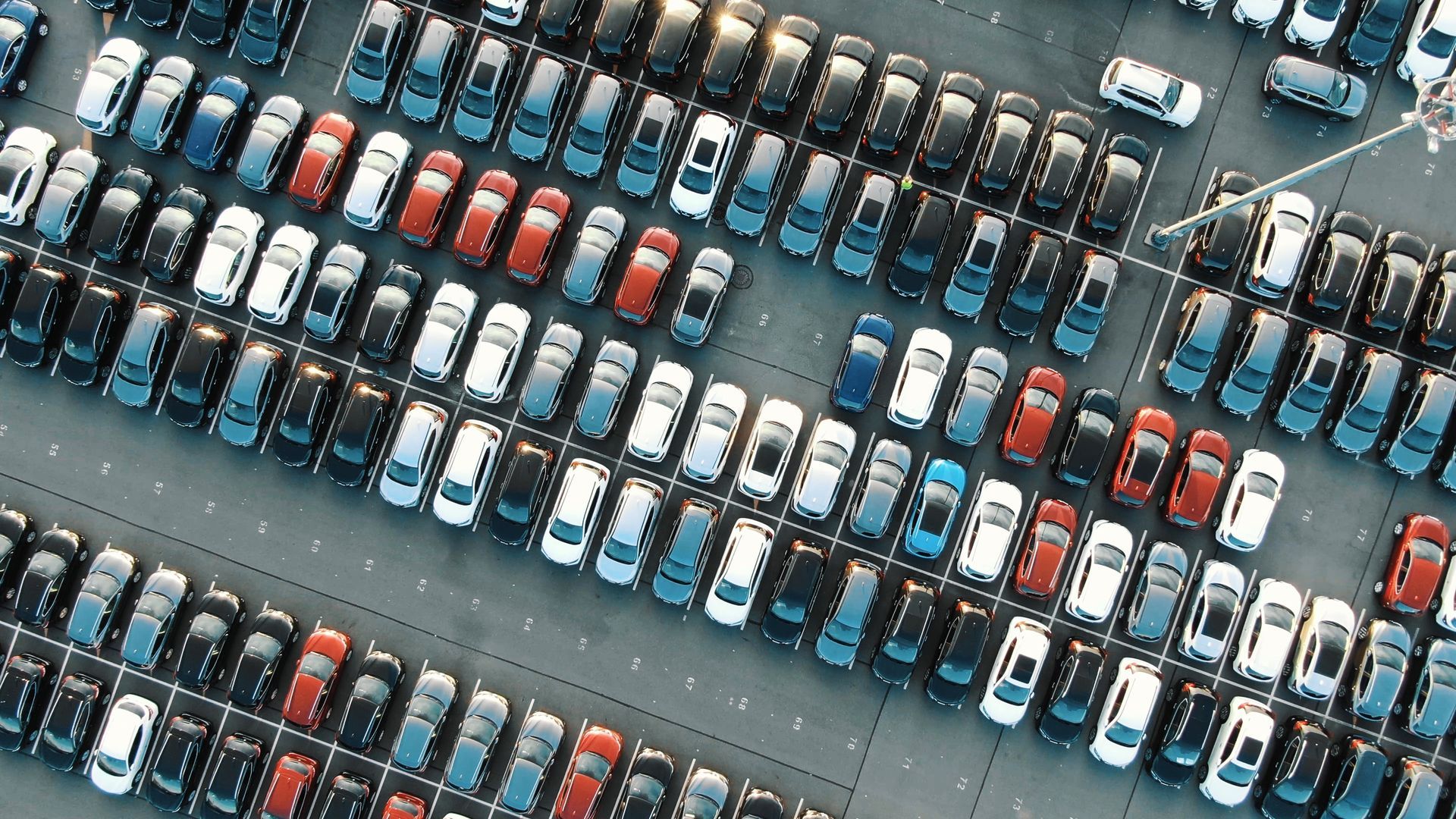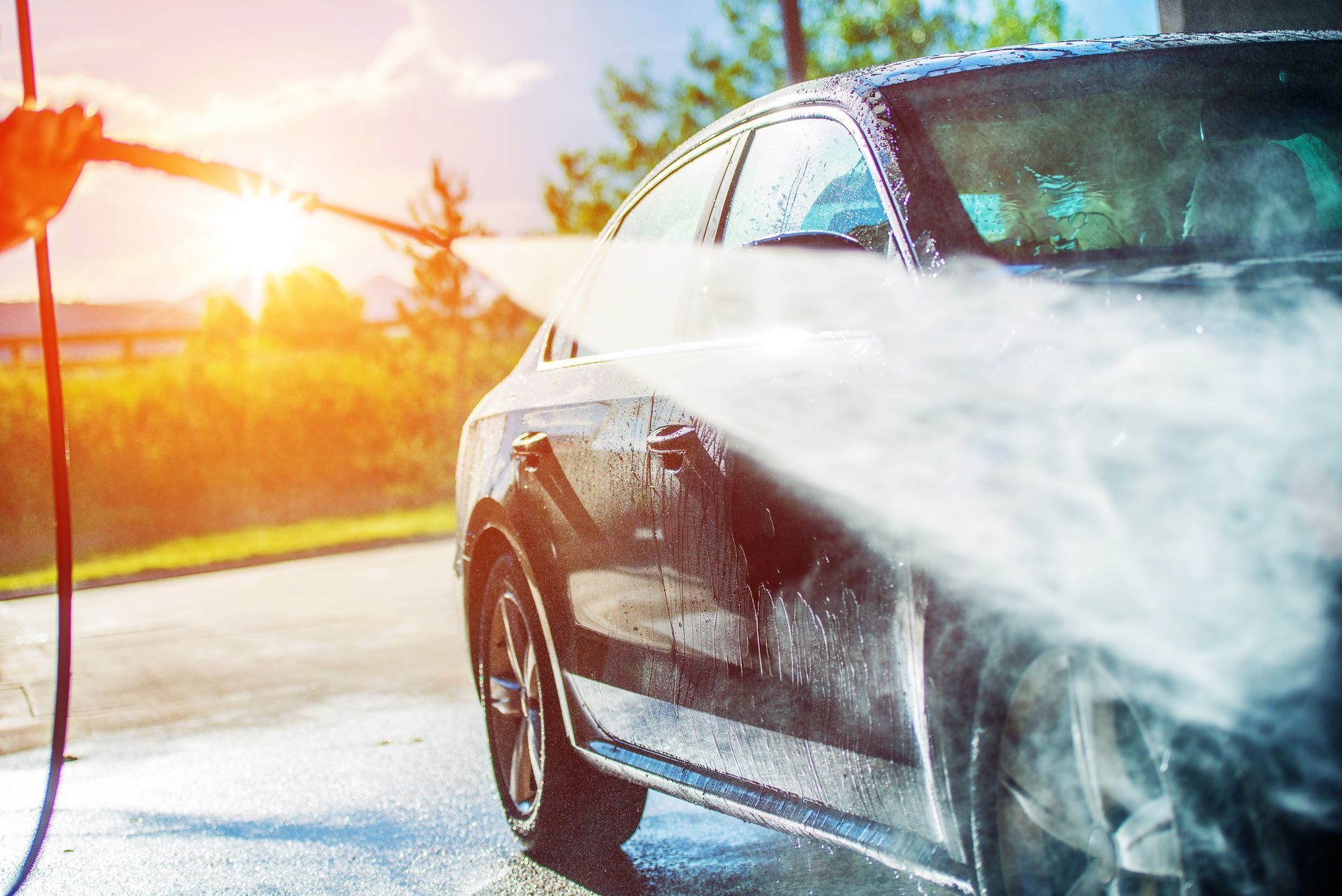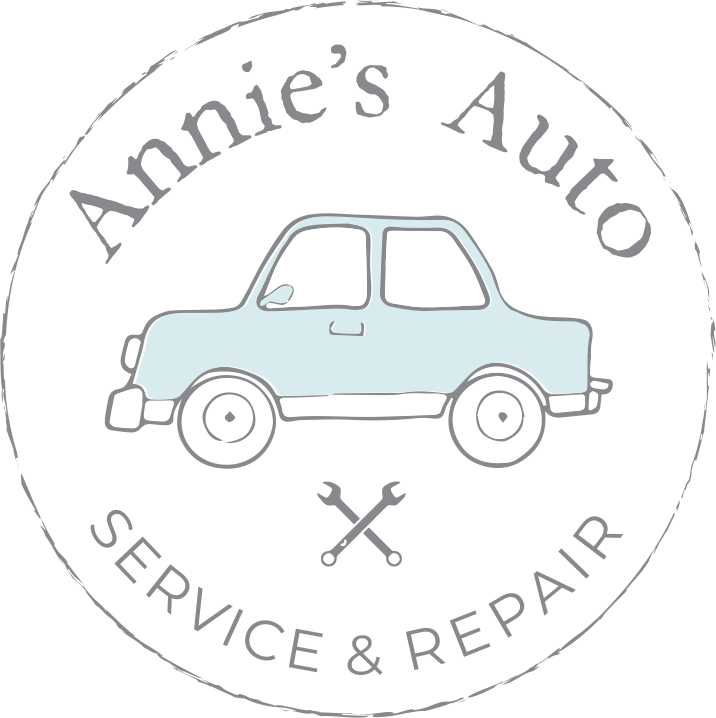You’ve probably heard of a catalytic converter or seen it on your car’s exhaust system, but do you know what it actually does? This small component significantly reduces harmful emissions from your vehicle, keeps the air cleaner, and helps your car run more efficiently. So, what exactly does a catalytic converter do, and why is it so important for both the environment and your vehicle’s health?
How Does a Catalytic Converter Work
The catalytic converter is part of your car’s exhaust system, positioned between the engine and the tailpipe. Its main job is to convert harmful pollutants from the engine’s combustion process into less harmful emissions before they exit through the exhaust. Without it, the exhaust from your car would be filled with dangerous gasses like carbon monoxide, nitrogen oxides, and hydrocarbons, which contribute to air pollution and even health problems.
But how does it do this? The converter contains a honeycomb-like structure coated with catalysts, typically metals like platinum, palladium, or rhodium. These metals trigger chemical reactions that break down toxic emissions into less harmful substances—mainly water vapor, carbon dioxide, and nitrogen gas. The key word here is “conversion,” as the catalytic converter transforms harmful gasses into safer ones, preventing them from being released into the air we breathe.
Environmental Benefits of Catalytic Converters
Catalytic converters have been mandatory in cars for decades, and for good reason. They are one of the most effective tools we have for reducing the environmental impact of gasoline-powered vehicles. Cars are one of the largest contributors to air pollution, particularly in urban areas, and catalytic converters help drastically reduce harmful emissions.
Catalytic converters play a vital role in lowering smog levels by converting toxic gasses like carbon monoxide and nitrogen oxides into less harmful substances. These gasses, if released unchecked, contribute to the formation of smog and acid rain, which have detrimental effects on both human health and the environment. So, in essence, your catalytic converter helps ensure that every drive you take is a little less harmful to the planet.
The Impact of a Failing Catalytic Converter
Like all car parts, catalytic converters don’t last forever. If your converter becomes damaged or clogged, it can no longer efficiently convert harmful gasses. A failing catalytic converter can lead to higher emissions, poor fuel efficiency, and even engine performance issues.
How do you know if your catalytic converter is failing? Common symptoms include:
- A significant drop in fuel efficiency.
- A “rotten egg” smell from your exhaust.
- A check engine light on your dashboard.
If left unchecked, a damaged catalytic converter can also cause your car to fail emissions tests, which means you won’t be able to legally drive your vehicle until it’s fixed.
What Causes Catalytic Converter Failure
Several factors can lead to catalytic converter failure. One of the most common causes is contamination from engine oil or coolant, which can clog the converter and prevent it from working properly. Another potential issue is fuel that isn’t burned completely in the engine, which can lead to carbon buildup on the converter’s catalysts, reducing its effectiveness.
Over time, the extreme heat that catalytic converters are exposed to can also cause them to wear out or crack. In some cases, the damage may be repairable, but in most instances, a failing catalytic converter needs to be replaced.
Protecting Your Catalytic Converter from Theft
In recent years, catalytic converter theft has been on the rise. Why? Because the precious metals inside—like platinum, palladium, and rhodium—are valuable. Thieves can easily cut out a catalytic converter from the underside of a car and sell it for scrap. Unfortunately, this can leave car owners with hefty repair bills, as replacing a stolen catalytic converter can be expensive.
Consider installing a protective shield or parking in well-lit, secure areas to protect your catalytic converter. Some vehicle owners also etch their VIN (Vehicle Identification Number) on the converter, making it easier to trace if stolen.
Worried about catalytic converter theft or experiencing performance issues?
Annie's Auto provides comprehensive inspections and protective solutions to keep your vehicle in top condition. Schedule an appointment with us now!
